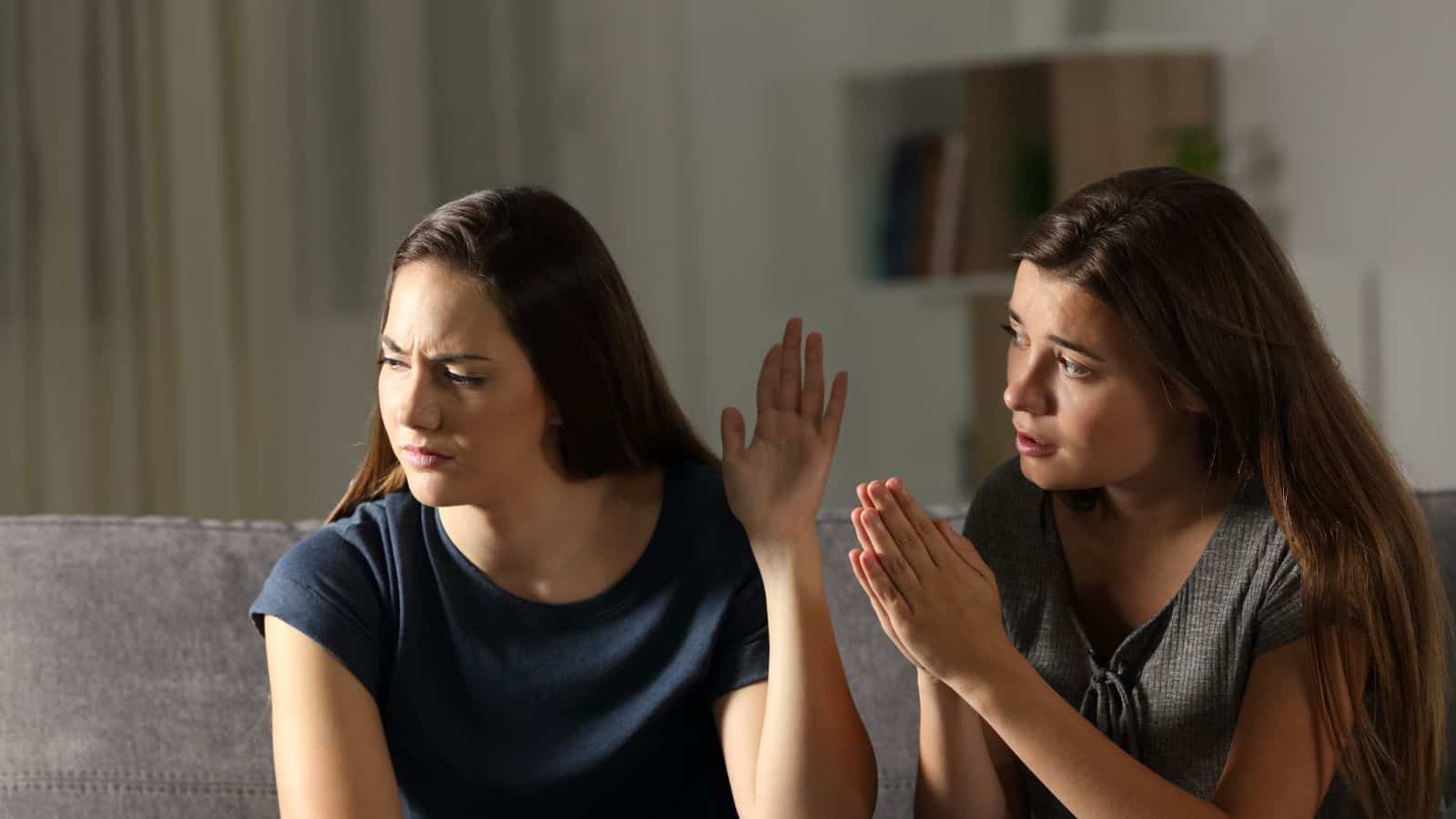Politeness plays a crucial role in fostering respectful and effective communication, especially in interactions with strangers or professionals. Demonstrating good manners shows an awareness of social norms and a considerate attitude toward others. This guide highlights common phrases used by polite individuals, helping to navigate everyday interactions smoothly and leave a positive impression.
“Thank you”

It doesn’t matter if someone is merely doing their job or undertaking a huge favor; expressing gratitude shows appreciation for their actions and efforts, no matter how small. English-speakers (especially Brits and Southern Americans) say thank you the most, and it’s often an ingrained, cultural response considered essential for politeness.
“May I?”

Respecting another person’s possessions or personal space is essential, so asking permission before you take, inspect, or borrow something or step across a boundary shows that you respect them. Polite people always ask for consent before doing things like taking someone’s pen, inspecting another’s work, or entering a personal space, like a car or office.
“Congratulations”

Recognizing and celebrating the achievements of others, big or small, shows that you genuinely care for and support them. Polite individuals tend to be good at thinking about others and often focus on the achiever, as opposed to hogging the limelight. Congratulating someone isn’t only courteous; it lets the person know you acknowledge their success.
“I apologize”

Taking responsibility for your mistakes or shortcomings and offering a sincere apology shows genuine remorse and an intention not to repeat the error. The BBC says British people are particularly prone to saying “sorry,” even for trivial things. Although it is polite, take care not to overdo it because excessive apologizing can make you seem weak or fake.
“No, thank you.”

Sometimes, we need to decline an offer or invitation, which requires politeness to avoid inadvertently hurting or offending the person offering. Saying “no, thank you” demonstrates you respect their generosity and thoughtfulness, but must courteously decline. Avoiding dismissive or abrupt responses will make you sound more considerate and polite.
“Bless you.”

Traditionally, acknowledging someone’s sneeze with a quick “bless you” was a superstitious behavior based on the belief that sneezing was ‘the devil coming out.’ Although we’ve moved on from such archaic beliefs, the gesture of wishing someone well when they may be ill or suffering from allergies is a frequently appreciated expression of good wishes.
“You look great!”

We’re talking about compliments in general—whether they’re related to a person’s appearance, achievements, or behavior. Courteous individuals often voice their positive opinions, making others feel appreciated, confident, and special. It’s such a small thing, but a genuine compliment can really brighten someone’s whole day!
“After you”

Barging head first through a door or in a line shows selfish determination and a lack of social awareness. Polite people tend to hold doors open, wait their turn patiently, and be relaxed about their own needs, often prioritizing others first. Such respectfulness shows they are calm, courteous, and selfless and makes others feel valued.
“Can I help you?”

A common refrain of a salesperson, this phrase is far more selfless when uttered by someone who isn’t set to gain from assisting you. Offering assistance to someone who seems lost, struggling, or in need shows kindness and empathy and that a person can focus on the needs of others above their own.
“I’m sorry to hear that.”

Not all news is good news, and it’s vital to acknowledge sad, unlucky, or disappointing events with appropriate sympathy and concern. It not only shows active listening but also an underlying willingness to assist if needed. In contrast, rude people tend to ignore bad news or change the subject to focus on their own troubles.
“Have a nice day!”

Wishing someone well as you part ways may seem like overkill, but it helps end the exchange with positivity and kindness. Even if you don’t know the person well, wishing them a pleasant and happy day is a sign that you care about them, and it is often well appreciated and can truly brighten someone’s day.
“May I ask your name?”

The Cambridge Dictionary claims, “We can make what we say more polite and less direct by using a person’s name.” Asking for, remembering, and using someone’s name shows you are paying attention and see them as an individual. It also exhibits a willingness to make an effort during social interactions, making exchanges friendlier and more memorable.
“I understand.”

You don’t need to agree with someone to understand why they acted or felt a certain way, so it’s a great way to acknowledge and validate someone’s feelings without becoming personally involved. It also indicates active listening and a focus on what they are saying, which makes anyone feel more valued and relevant.
“I’m sorry for your loss.”

No matter the type of bereavement, acknowledging another person’s loss is essential. Conversely, downplaying their suffering or dismissing it as unwarranted is thoughtless, heartless, and highly impolite! Even if it’s an elderly pet or a distant relative who has died, polite people always give their condolences, showing they sympathize and understand.
Hiding Opinions

Depending on the situation, forcefully giving a strong or controversial opinion isn’t always the most polite or socially aware strategy. While it is okay to disagree, courteous individuals recognize when their own views aren’t appropriate or required and can respectfully avoid confrontation and strong disagreements without lying.
“Hello”

Unless there’s an emergency, it’s pretty rude not to greet someone with a simple “hello,” “good morning,” or “good afternoon.” Universal Class insists that it’s basic human etiquette to acknowledge another person’s presence when you first see them and indicates that you’re open to conversation. Luckily, most of us do this without even thinking about it.
“Please”

Using “please” when asking for things makes you sound less demanding and conveys respect. It shows that a favor is being asked, rather than a barked command, and acknowledges the other person’s right to refuse. It’s such a small word, but it makes any request sound more positive and more likely to be considered.
“You’re welcome.”

If you want to up your politeness game, try saying “You’re welcome” whenever someone says “Thank you” to you. It shows that you were happy to help and accept the person’s gratitude, making the whole exchange more positive and courteous. It is especially relevant when interacting with customers or when doing someone a significant favor.
“Excuse me.”

Southern Living lists this phrase as the politest way to interrupt someone or get their attention without a physical prompt. It shows that you respect their personal space and current activity but conveys that you have an immediate need that requires their attention, such as moving their bag to make space for you to sit down.

